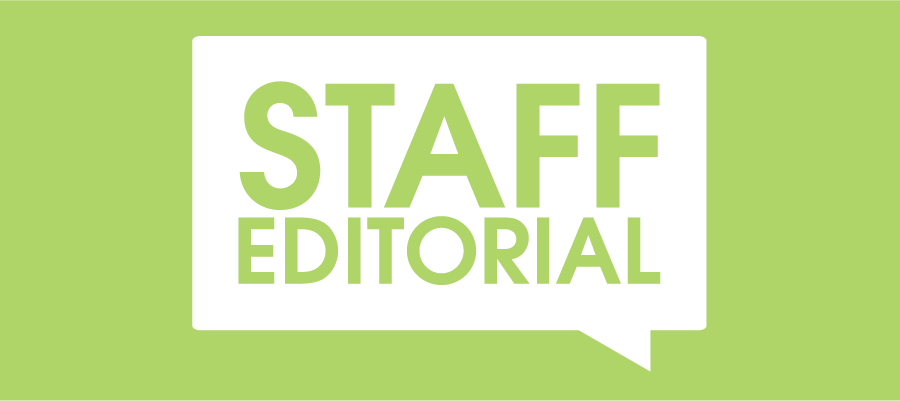It’s been a tough couple of years for journalism. Many things have been happening as the industry undergoes changes to move into the digital age. Unfortunately, one of these major changes has been the laying off of thousands of dedicated journalists at well-known media companies such as HuffPost and Buzzfeed. The American press has also come under attack by our current president, who regularly tries to portray the media as an enemy to democracy, when in fact, it’s an ally. And lastly, but surely not least, journalists have been faced with the threat of censorship— a threat that has risen over the past years.
The work journalists are doing to uncover truths and to service their country can sometimes cost them their lives. According to a report by Reporters Without Borders, 2018 was the worst year on record for journalists being killed. The murder of Jamal Khashoggi by the Saudi Arabian government and the shooting of unarmed journalists at the Capital Gazette, a newspaper based in Maryland, both happened last year. The work of journalists is more important than ever, but they are being targeted for it. This extends to student journalists as well.
Often we talk about censorship on a bigger scale and fail to scrutinize it within colleges and universities. Though this is where we’re supposed to have more freedom in everything we do, student media outlets are still being censored. In cases of American colleges, administrations have threatened retaliation against advisors and students for news that might portray their schools in a negative light. Some publications have been subject to “prior review,” which means administrators have to sign off on content before the paper gets published. In 2018, Liberty University’s student journalists faced these same challenges as administrators subsequently fired two journalists and then re-hired other people for the positions they stated would be eliminated.
Even more surprisingly, the dean of the School of Communication at Liberty, Bruce Kirk, reportedly told the new staffers, “Your job is to keep the LU reputation and the image as it is… Don’t destroy the image of LU. Pretty simple. OK? Well, you might say, ‘Well, that’s not my job, my job is to do journalism. My job is to be the First Amendment. My job is to go out and dig and investigate, and I should do anything I want to do because I’m a journalist.’ So let’s get that notion out of your head. OK?”
There is an unwritten oath of ethics and morality that journalists accept when they begin their careers. Journalism that only aims to paint society in a positive light isn’t really journalism. Journalism that serves authority and institutions rather than the people isn’t journalism.
Student journalists should be able to write and publish stories that serve their community. Free student press is a key component of a college education and the act of censoring student journalists is robbing them of the full experience. We must continue to fight against censorship for those who have been silenced in the line of work. Our democracy, and our future, depends on it.
Imagine if the Miami Hurricane staff wasn’t able to freely call out our administration in editorials or if our opinion writers couldn’t voice their thoughts on controversial topics such as abortion or hazing. We can’t, and no one should have to.
Editorials represent the majority view of The Miami Hurricane editorial board.







